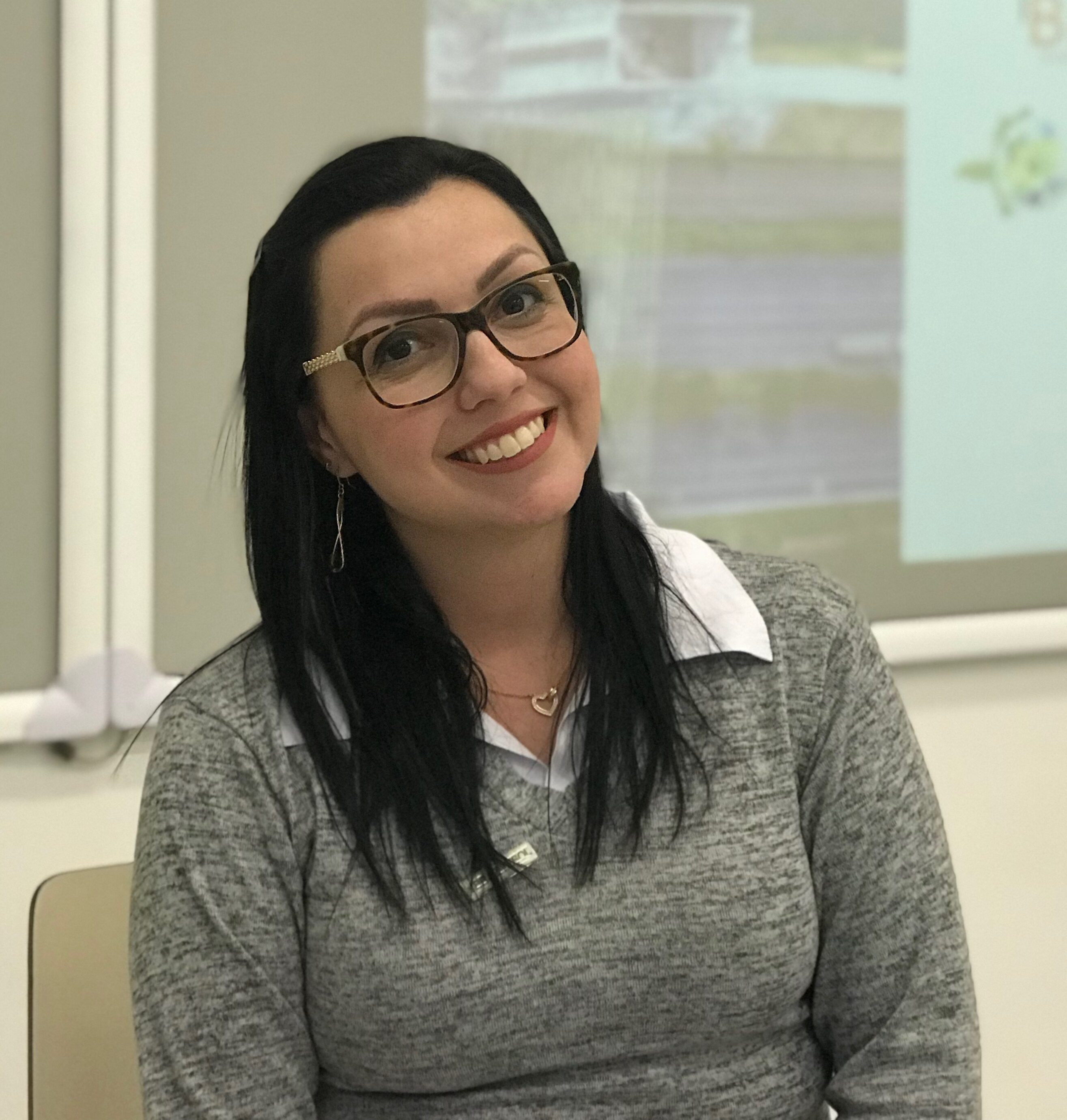Investigating the impact of technology to improve learning experiences
 Joseph Pine II and James Gilmore’s article Welcome to the Experience of Economy has on its opening page the following statement: “As goods and services become commoditized, the customer experiences that companies create will matter most.” (Pine and Gilmore, 199:97) and much in the same way, it is a positive experience that learners also seek in our classrooms.
Joseph Pine II and James Gilmore’s article Welcome to the Experience of Economy has on its opening page the following statement: “As goods and services become commoditized, the customer experiences that companies create will matter most.” (Pine and Gilmore, 199:97) and much in the same way, it is a positive experience that learners also seek in our classrooms.
This ‘economy experience’ concept (Pine and Gilmore, 1998) is not limited to a specific area but it ranges from going to an amusement park at the weekend and having fun, to classes learners attend at school. The purpose of this article is to describe a study whose main aim was to raise learners’ awareness towards their learning progress resulting in an increase in their motivation. This investigation took advantage of technological tools, such as, VOKI®, as an effective learning device.
In order to implement the study, learners from varied ages and different linguistic levels of proficiency (CEF A1 to C1) were offered opportunities to put into practice the knowledge they have already acquired, as well as, to become more aware of how they learn best. Furthermore, the focus was on trying out activities through tools that would be more engaging and make learners eager to participate more actively.
First and foremost, the groups had their classroom seats arranged into work stations and each one corresponded to a different speaking task that learners would have the chance to perform. Moreover, special care was taken when designing the tasks, mainly because: “We have already noted that it is often better to make a “wrong‟ tagged statement rather than ask a question if the student is to be stimulated to produce language” (Lewis and Hill, 1992:120), since it is more appealing to reply to a provocative statement, such as: “Watching TV is a complete waste of time”, rather than answering a dull question, “Is it a complete waste of time to watch TV?”. The speaking tasks were designed to suit the different learners’ lifestyles and needs to use English so that they could practice using the target language as spontaneously and naturally as possible.
As it has been presented so far, the speaking tasks involved learners in an innovating and engaging manner so much that they were able to put into practice what they know as realistically as possible.
While monitoring learners’ performance, learners were resorting to each other more often in an active and collaboratively manner, there was, therefore, genuine peer collaboration.
A major concern when carrying out this study and devising the tasks was the need to adapt them to learners’ real life, i.e. the speaking tasks recorded in VOKI®, for instance, had to be relevant to learners’ reality and what they needed to use English for, even at elementary level. Throughout the study, it was possible to notice how engaged and at ease learners were while performing the proposed tasks.
In one of the practices proposed in class, the learners were asked to have one recording device per group to register their conversations, so that, at the end of the task they could analyze it and provide peer feedback. At first, learners seemed to be shy and not to know what was expected from them, however, as the activity went on they were really prone to speaking and made use of a very interesting technique – rhetorical questions. So, instead of simply speaking they were paying attention to what their classmates had to say, they also asked for clarification at times, whenever they felt the need to. Consequently, there was a real need to listen to their peers.
In the book Practical English Language Teaching, Nunan (2003) delves into the role of computer in language learning, and concludes that “…because of computer assisted language learning difficulty in accommodating listening and speaking, it is almost always used as a supplement to traditional classroom teaching and learning” (Nunan, 2003:249). Following Nunan’s position, it was made use of another technological tool to supplement an integrated skills lesson as a means to aggregate more relevance and motivation. Students worked with VOKI®, an online blog, available free of charge on the internet, which they can easily learn how to use and store their oral production. Firstly, learners had to produce a piece of writing on a given topic, and after having finished their writing assignments, they were asked to go online, record their written production orally and afterwards share the link with the teacher for delayed feedback. During this process, learners demonstrated to be fully involved in the production, recording and in making their pieces of work available as a recorded sound file. Through this task of recording, they were eager to listen to themselves and become more aware of how they speak in English. To most of them, it was a moment of self-discovery and language awareness, because they had multiple opportunities for self-correction, as well as, the chance to expand their language repertoire after each recording.

After carefully conducting the tasks described in picture 1, it was clear that devising classroom activities which assist learners to get a better perspective of how well they are performing is paramount, and this conclusion is led by two aspects: learners’ comments and their craving for feedback.
When it comes to comments that were made, many learners reported to have felt themselves in a fun and safe environment where they were encouraged to practice and use the language to talk about something relevant about their lives, to share information about themselves. A learner even came up with the following statement: “I felt confident, situations like this enable us to show how much we know, that is what we need, when can we do it again?”.
Apart from that, they said that this is the kind of thing they really look for when learning a new language.
On the other hand, as for feedback, the moment was devised to raise learners’ awareness of their progress and highlight the focus on how well they could interact with each other by the use of real-life examples, how good they were at pronunciation, and last but not least, to show evidence of how organized their speeches were on account of the use of different structures that they could make, also some tips and suggestions were provided for those who are not so confident yet.
Equally important was their awareness- raising towards the relevance of the tasks proposed and how they were part of their learning program. These tasks enabled learners to notice how much they have already learned and were able to communicate in English.
On the whole, keeping learners focused – be on a task or in the learning process is not an easy task, and for that reason, it is likely that that they enjoy and succeed at a subject they are involved in as much as possible, so that the purpose and relevance of what is being done is seen. An alternative way for this to happen is to consider tasks which are simple to be understood, engaging and appropriate to the level, because they will sound more feasible and less intimidating. As a consequence, student talking time will be hopefully increased because the teacher who has always been seen as the only source of knowledge will give place to learners helping one another, and motivation to notice how independent they have been throughout, in combination with feedback which goes beyond the nuances of discrete language items, will also enrich the perception of progress and learners’ enthusiasm to be present in the future classes.
In sum, the benefits of lessons like the ones described in this study, where learners are given the opportunity to use language in a realistic environment and via the use of technology to enhance one’s learning experience are paramount, and I hope this article could provide you with some insights not only on how to design meaningful classroom tasks that help reflect a learner’s progress, but also to analyze what experience you offer.
References
NUNAN, David (2003) Practical English Language Teaching. Mc Graw Hill
PINE, Joseph B. & GILMORE, James H. (1998) Welcome to the Experience Economy. Harvard Business Review
LEWIS, Michael & HILL, Jimmie (1992) Practical Techniques for Language Teaching. ITP Teacher Training






